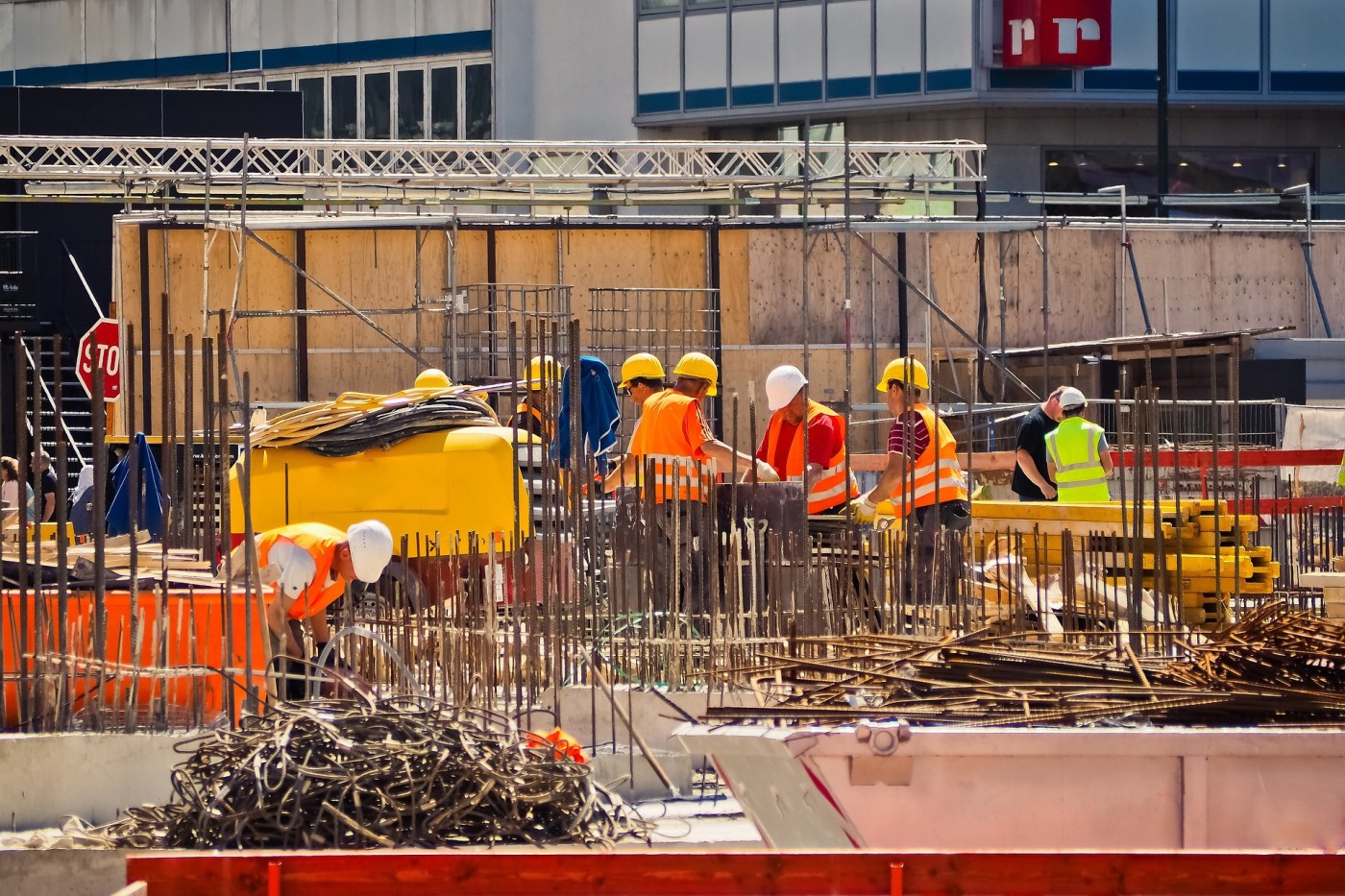
Frasier: Opioid addiction threat to construction workers
It seems every day we see a story about the opioid epidemic in Massachusetts. As fentanyl use has increased, so have deaths. The latest Department of Health data shows that 93% of opioid overdose deaths involved fentanyl. And the rate of opioid-related overdose deaths in the state has increased at a rate of 3% a year on average. These are sobering data points. It’s a scourge that’s personal to me.
I’ve been in recovery myself for 26 years, and as the Director of the Recovery Program for IBEW Local 103 I’ve delivered Bibles to way too many families who have lost loved ones to opioid overdoses. I’m so tired of doing that.
Local 103 is made up of thousands of electricians and telecommunications workers who work on roads, bridges, public transit, ports, and airports. You probably know at least one of our members. They are your neighbors, your brothers, sisters, parents, aunts, and uncles. You may have even hired one of our members.
What might surprise you is that the construction industry has historically had the highest rate of opioid-related overdose deaths in the state. It does not, however, surprise me. Fentanyl is a crisis that is not getting enough attention.
Think about it. Our members go to work every day in dangerous situations. They are working on construction sites doing back-breaking labor that’s physically challenging for hours and hours on end. Many work six or seven days a week trying to earn a little more on the side to make ends meet.
Doing construction is risky business. Workers end up hurt and often require a trip to the emergency room. Very often they get prescribed a painkiller, which, as we know, can be the entry point into addiction.
Our recovery program focuses on educating our members. We tell them if they get hurt on the job, there are some important questions they should ask when they get to the hospital. What are you prescribing me? Is it addictive? How long am I going to be on it? Is there anything else I can take for this? We just want to make them aware of how easy it is to get addicted because chances are, they will get hurt one time or another in their career.
If they are prescribed a painkiller, we tell them if you’re not picking it up from a known pharmacy, you’re likely getting something laced with fentanyl. In the last few years, we’ve lost members to overdoses. I’ve spoken to some members one day and found out the next day, they’re dead. It’s hard to take.
The state needs to provide more funding for treatment and the best treatment options available if it wants to help the addicted and keep our economy strong. The state also needs to provide access to all FDA-approved emergency reversal treatments for overdose incidents.
Right now, Massachusetts is one of 16 states that does not do this. Fentanyl is growing stronger, and first responders’ abilities to bring those who overdose back from the dead has weakened because of it. If we want to reduce the number of opioid overdose deaths, we need to provide all the tools that our first responders need.
Massachusetts has been losing more than 2,000 people annually to opioid overdoses. But the reality is there are more than 100,000 cases of opioid overdoses a year and those who survive an incident are more at risk for another overdose, and possibly death. These deaths are preventable. We’ve got to be proactive on all fronts. The urgency can’t be understated.
I, for one, would love to deliver fewer Bibles.
Jay Frasier is a certified employee assistance professional (CEAP).
and the Director of the Recovery Program for IBEW Local 103.


